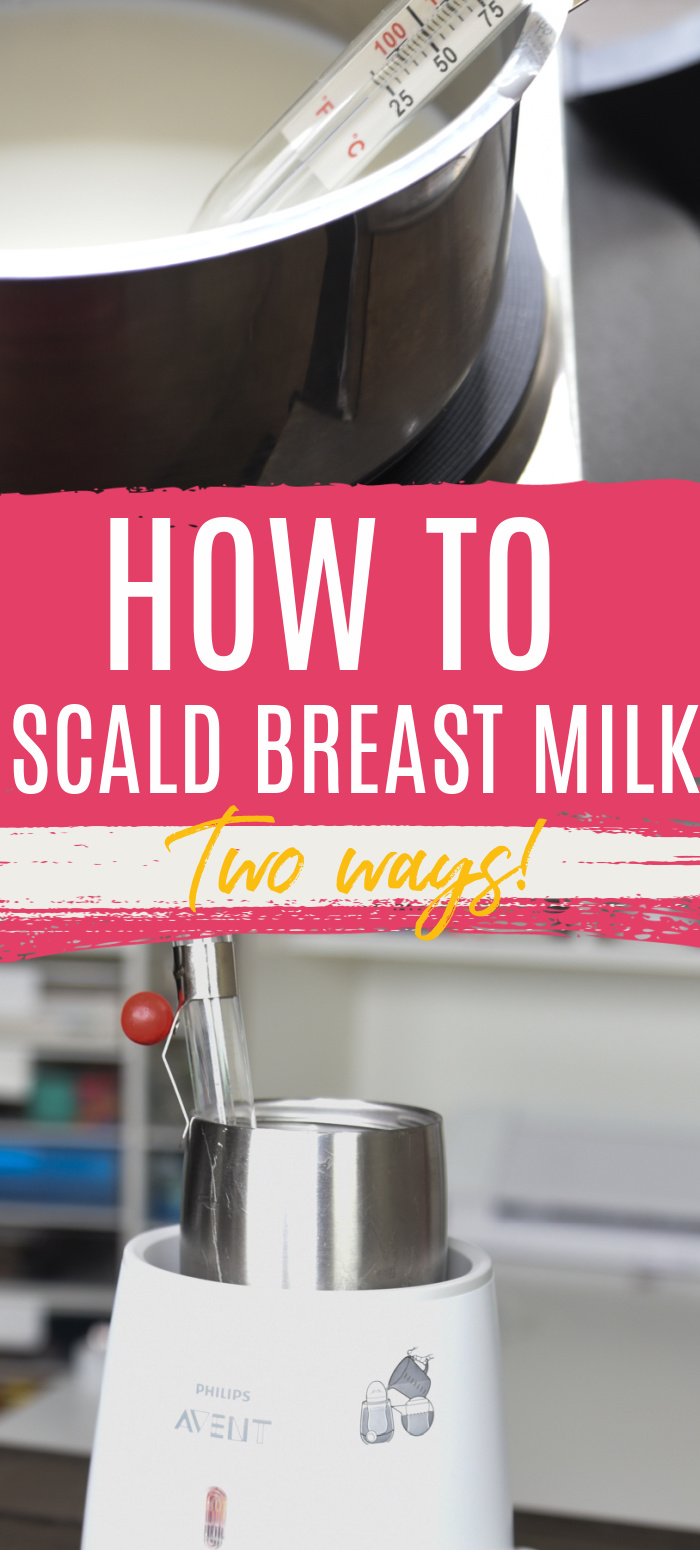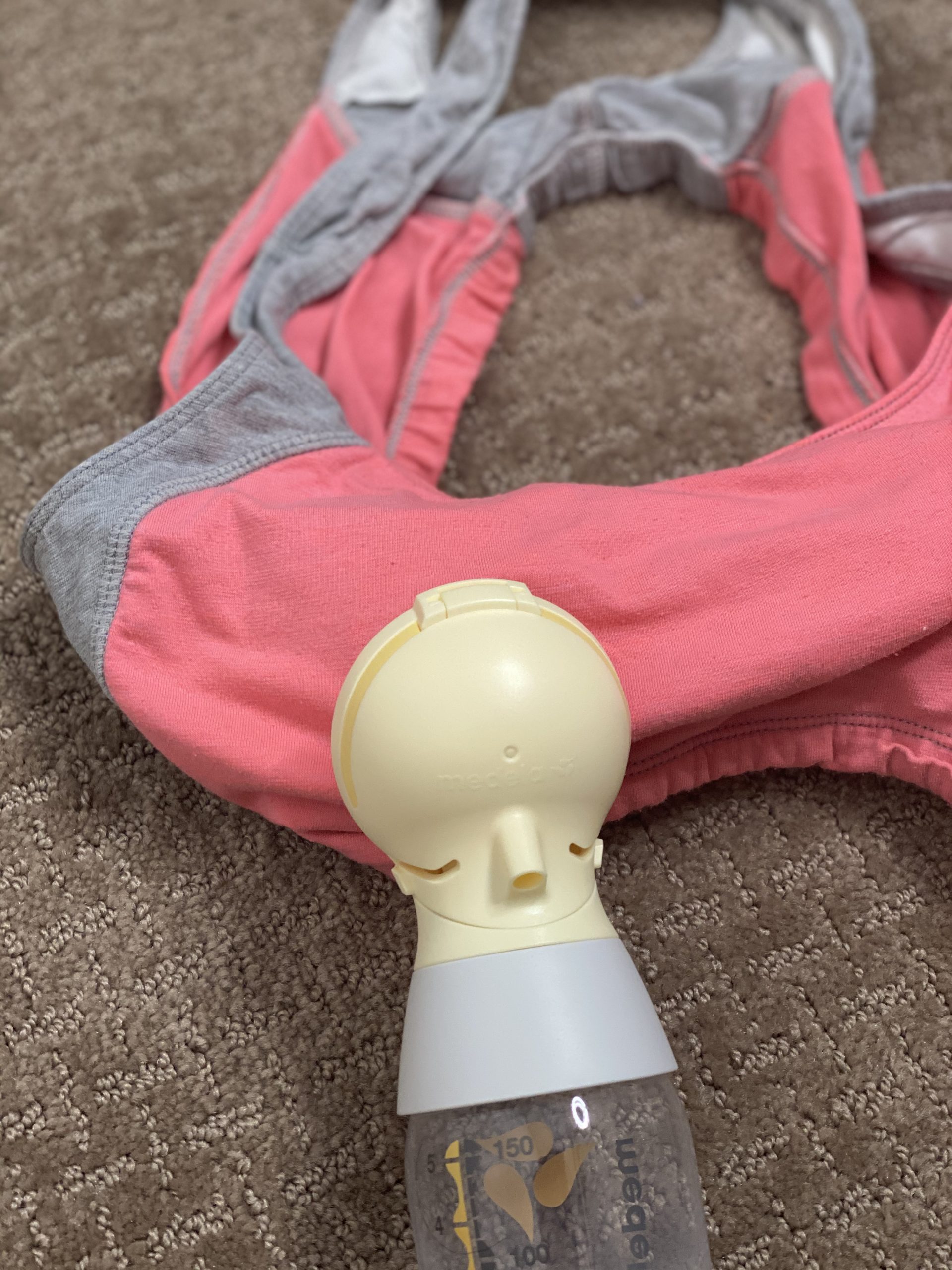Many women are curious about whether or not they can take magnesium while breastfeeding, Before you make any decisions, read this blog post to learn more about what effects taking magnesium may have on your baby.

Many breastfeeding women are concerned about taking supplements while breastfeeding because they’re afraid of what effect they could have on their liquid gold and their infant.
Magnesium is a generally well-tolerated supplement, but does that mean you can take it?
The short answer is – yes, magnesium in most forms and in recommended dosages are typically okay. Let’s dive into this a little deeper, though.
Why would you take magnesium while breastfeeding?
Magnesium is often recommended for breastfeeding moms who:
- Are having trouble with constipation
- Have trouble with sleeping
- Experience cramping, especially leg cramps
- Those who experience period-related drops in milk supply.
- Experience Migraines
- Are dealing with nursing aversions
Because of this, there are many women who wish to take it and want to make sure it’s safe.
What Professionals Say
There is some evidence to suggest that magnesium may pass through breast milk and affect a baby.
However, it is important to note that the research on this topic has been limited because most studies have not looked at any effects from supplementation of magnesium for breastfeeding mothers, milk supply, or on the nursing infant.
This resource says:
“No information is available on the clinical use of magnesium citrate during breastfeeding. However, other magnesium salts have been studied. Intravenous magnesium sulfate increases milk magnesium concentrations only slightly. Oral absorption of magnesium by the infant is poor, so maternal magnesium citrate is not expected to affect the breastfed infant’s serum magnesium. Magnesium citrate supplementation during pregnancy might delay the onset of lactation, but it can be taken during breastfeeding and no special precautions are required.”
Here is what the app MommyMeds says on some other types of Magnesium, and the effects on breastfeeding and the breastfed infant (they do not have entries on the above supplements).
Magnesium Sulfate
“Magnesium is a normal plasma electrolyte. It is used pre and post-natally as an anticonvulsant in pre-eclamptic patients. Magnesium sulfate transfers to breast milk minimally, and there have been no reports of adverse effects in breastfed infants. Levels in milk seem to drop off after a few days of the administration, and are not clinically relevant.”
Magnesium Hydroxide
“Magnesium hydroxide is used as an antacid and laxative. Magnesium hydroxide is poorly absorbed from the maternal gastrointestinal tract. Magnesium rapidly deposits in bone and is significantly distributed to tissue sites…No alternations in bowel habits or abnormal stools were voted in any of the breastfed infants, indicating that magnesium hydroxide exposure through breastmilk is clinically insignificant in an infant.”
What is Magnesium?
Magnesium is a mineral that helps your body function properly and it can be found in foods such as leafy green vegetables, nuts, seeds, avocados, and legumes.
There are different forms of magnesium, as well. The most common forms used while breastfeeding are Magnesium Citrate and Magnesium Glycinate.
Magnesium is a mineral that many people are low in, but it is very important for the body to function normally.
Natural Sources of Magnesium
Trying to get natural sources of magnesium in your diet is often the best course of action. Natural sources include:
- Almonds
- Black Beans
- Spinach
- Peanut Butter
- Avocados
- Bananas
However, taking the recommended dosage for magnesium while breastfeeding likely isn’t contraindicated.
If you are having trouble with a balanced diet, make sure you check out this article next – The Best Menus for Breastfeeding Moms: What You Should Eat and Diet Plans
A
Best Magnesium Supplements for Breastfeeding
Here are a couple of magnesium supplements I would recommend and consider taking while breastfeeding, after a discussion with your health care provider:
- Calm Magnesium
- Needed Sleep + Relaxation Support (Use code TBM20 for 20% off). I really like this “tea”. It has other calming effects in it, and magnesium does help with constipation. Their prenatal vitamin also has a great quality magnesium. YOu can use the code TBMSAMPLE for a discount on their sample packs.
- Klaire Labs Magnesium Citrate
- Thorne Magnesium CitraMate
All in all, magnesium in a recommended dose is generally considered compatible with breastfeeding. The best thing to do is talk with your doctor about whether or not it’s safe for you to supplement with any vitamins and minerals during lactation.
Other articles you may enjoy:
- Top Signs of Low Milk Supply To Worry About
- What Does Breastfeeding Do To Your Breasts?
- 22 Low Milk Supply Causes You May Not Know About
- Can Breastfeeding Cause Depression?
- When Is It Too Late To Start Breastfeeding?
- Why Is Breastfeeding Painful?
- Can Breastfeeding Cause Headaches?
- Can Breastfeeding Moms Have Protein Powder?
- 8 Breastfeeding Problems After A C-Section
- Can Breastfeeding Cause Breast Cancer?
- The Ultimate Guide To Dairy Free Breastfeeding
- Can Breastfeeding Make You Tired?
- 5 Soothing Solutions for Dry and Cracked Nipples From Breastfeeding
- What Breast Should I Start With When Breastfeeding?








